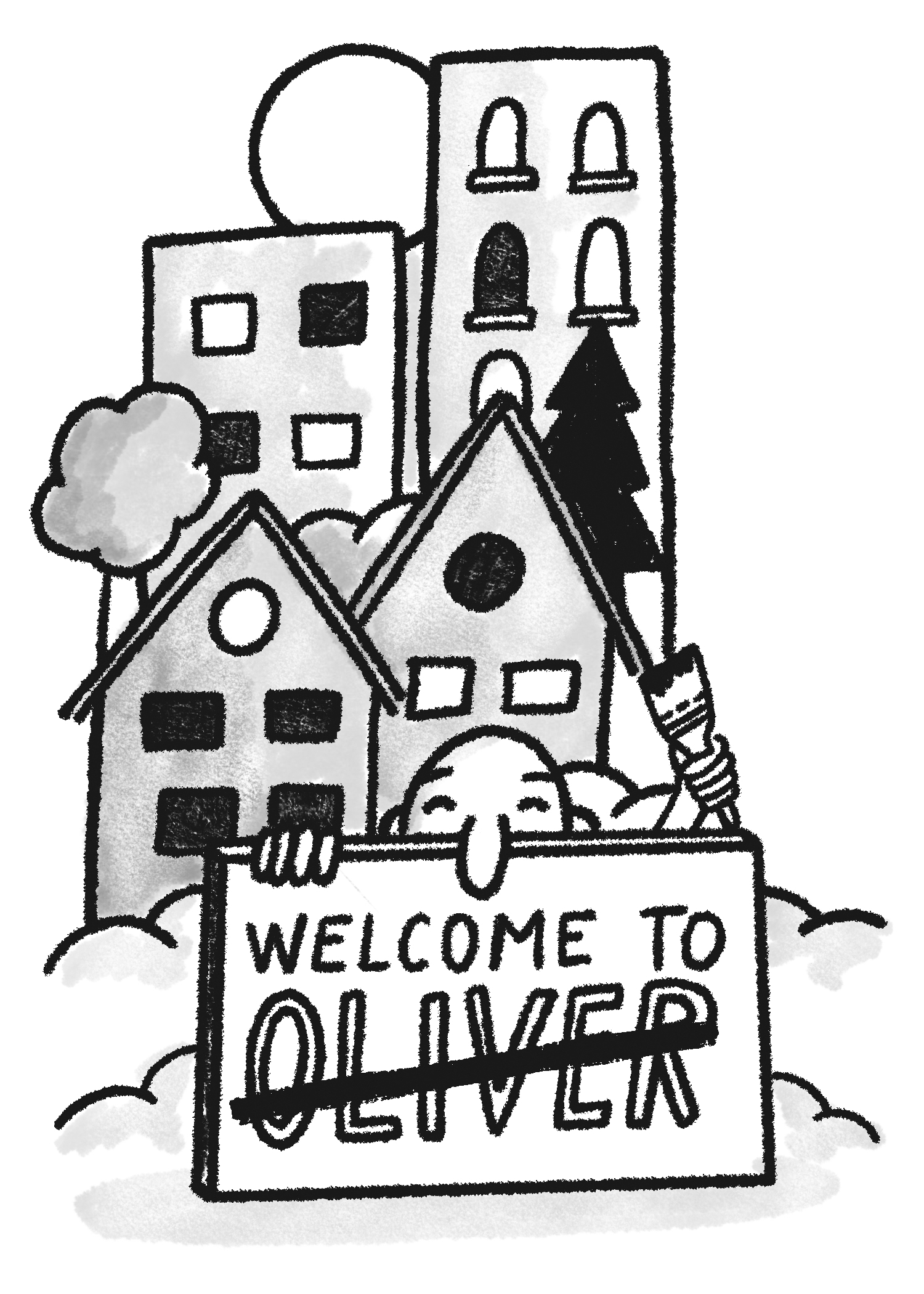Bishop Grandin was an early proponent of residential schools. Former Edmonton Dan Knott had links to the Ku Klux Klan. Federal cabinet minister Frank Oliver supported policies to block Eastern Europeans and Asians from immigrating to Canada.
But, Edmonton places carry or have carried their names, a testament to what happens when you decide to name something for a person before history really has the chance to judge him or her.
The team formerly known as the Edmonton Eskimos has jettisoned its name, just as the Washington Football Team (NFL) got rid of the Redskins moniker. The Cleveland Indians (MLB) are reviewing their name — all of this after increased pressure from sponsors.
What’s in a name? Let’s talk.
Change, But Don’t Vilify
As a newspaper publisher and, later, government minister, Frank Oliver fought for Edmonton to become the capital of Alberta, and for the West to get more out of confederation. He also supported the opening of the west to immigrants, as long as they weren’t from Eastern Europe or Asia. He once said of Asian immigrants: They “are not our people, they do not belong to our civilization, they do not strengthen our country and we are here for ourselves and not for them.”
There’s a laundry list of racist policies that Oliver supported and racist statements that he made. Frankly, to publish them all would take up the better portion of this magazine. And, one of Edmonton’s oldest neighbourhoods is named for him. Over the summer, the Oliver Community League opened the #UncoverOliver dialogue about discussing its namesake’s legacy and possibly changing the name of the neighbourhood. Robyn Paches, the head of the community league, said the process could take well into 2021. And while he wants the name to be changed, he warns that people who continue to use the name shouldn’t be vilified. This is a new process — the City of Edmonton has never had to deal with this before, and has advised the OCL to be the precedent-setters when it comes to reviewing place names in the city.
